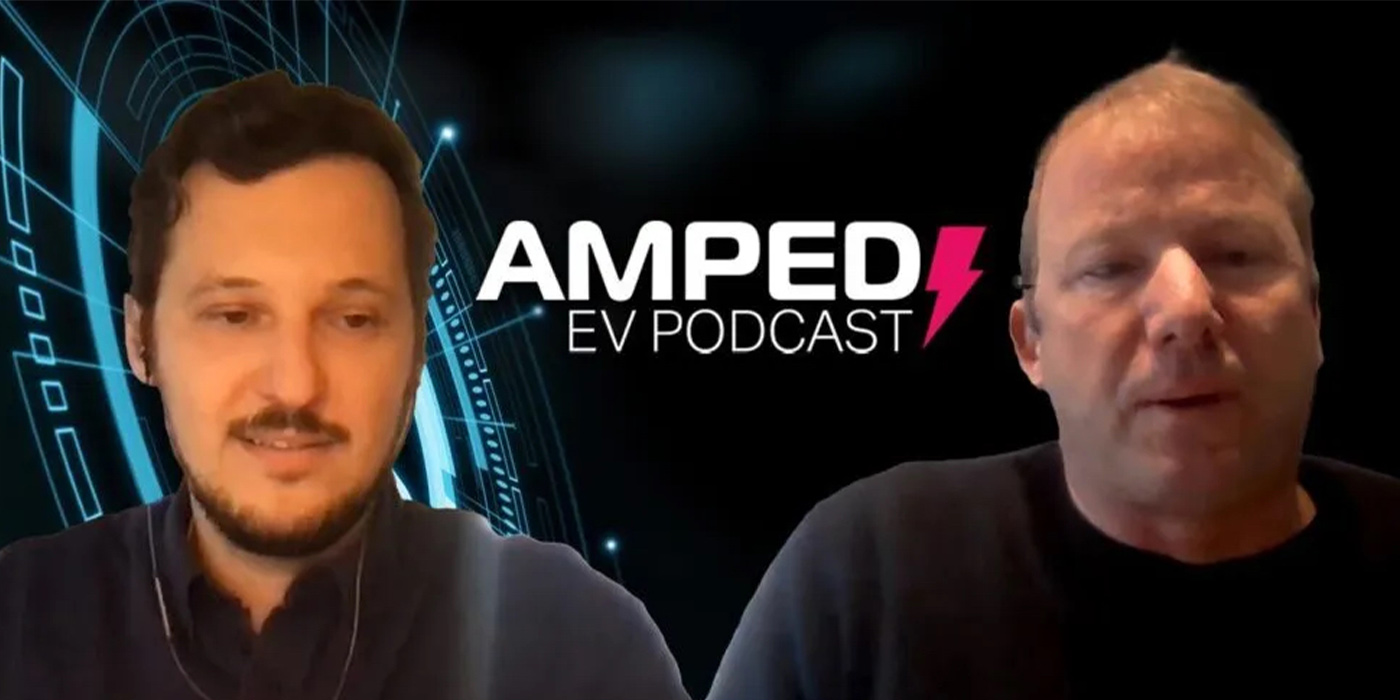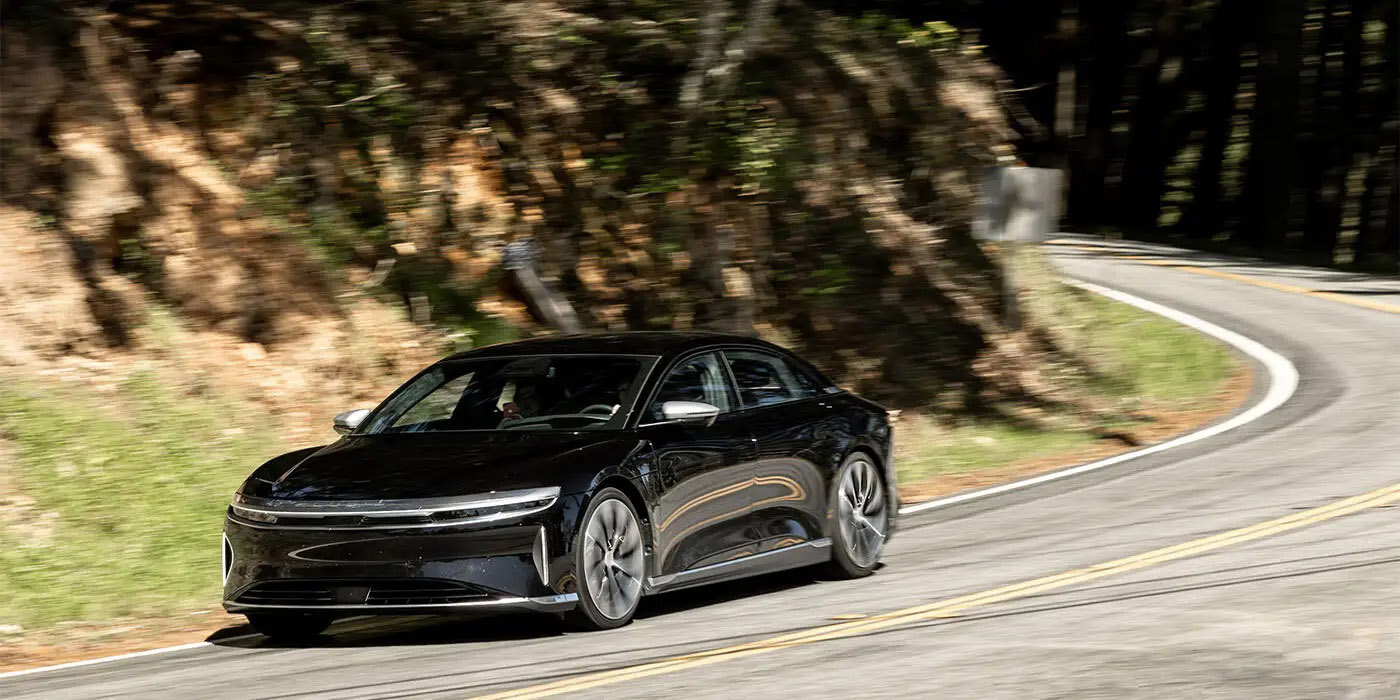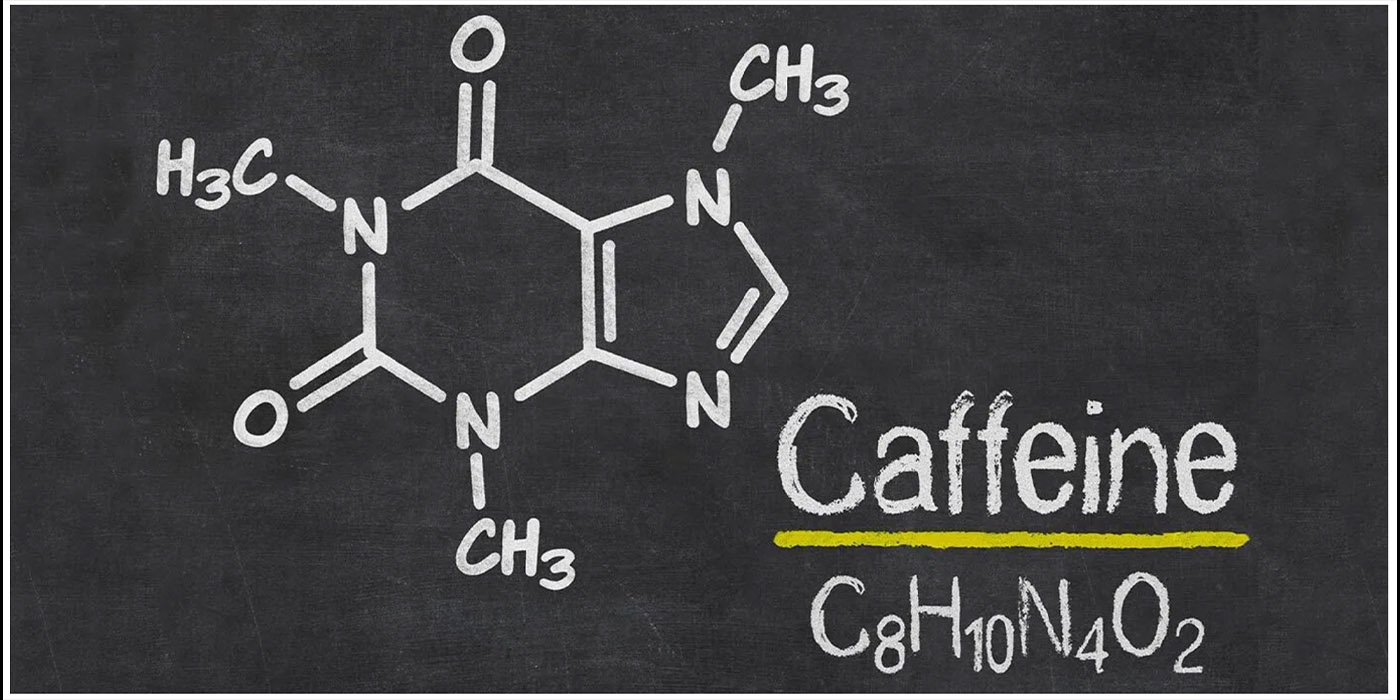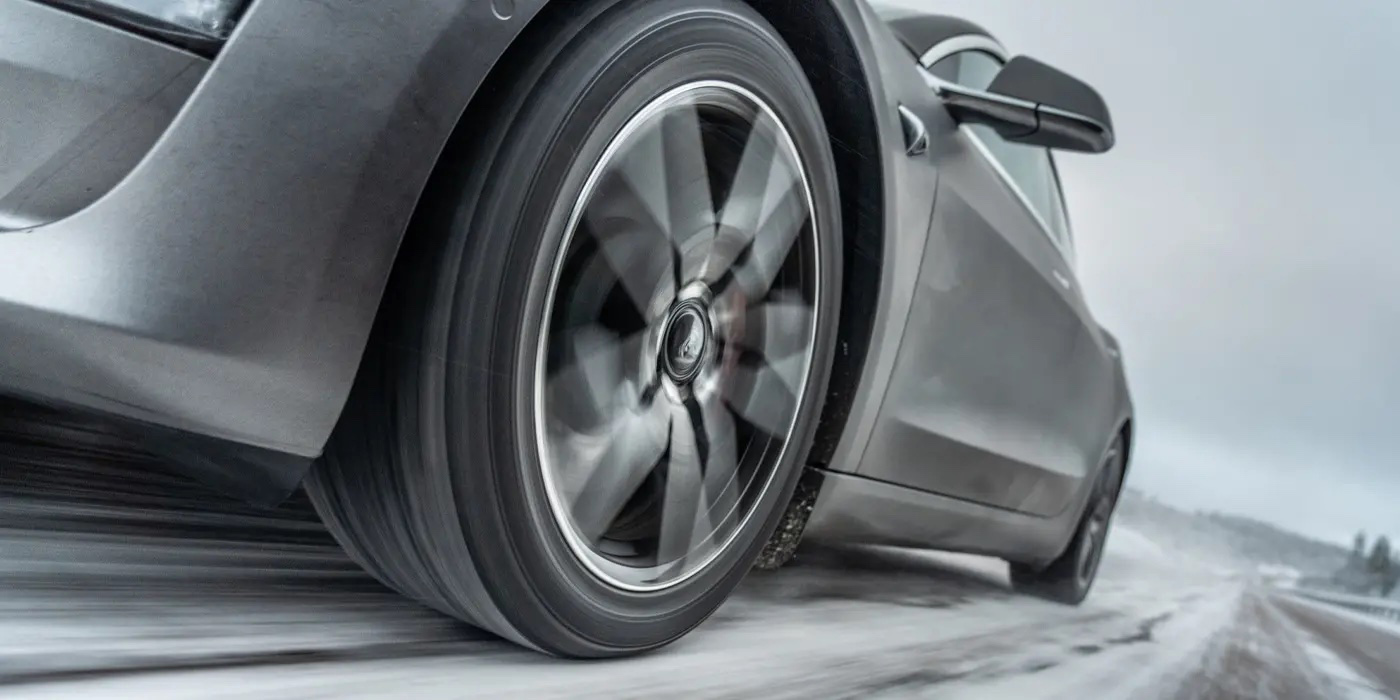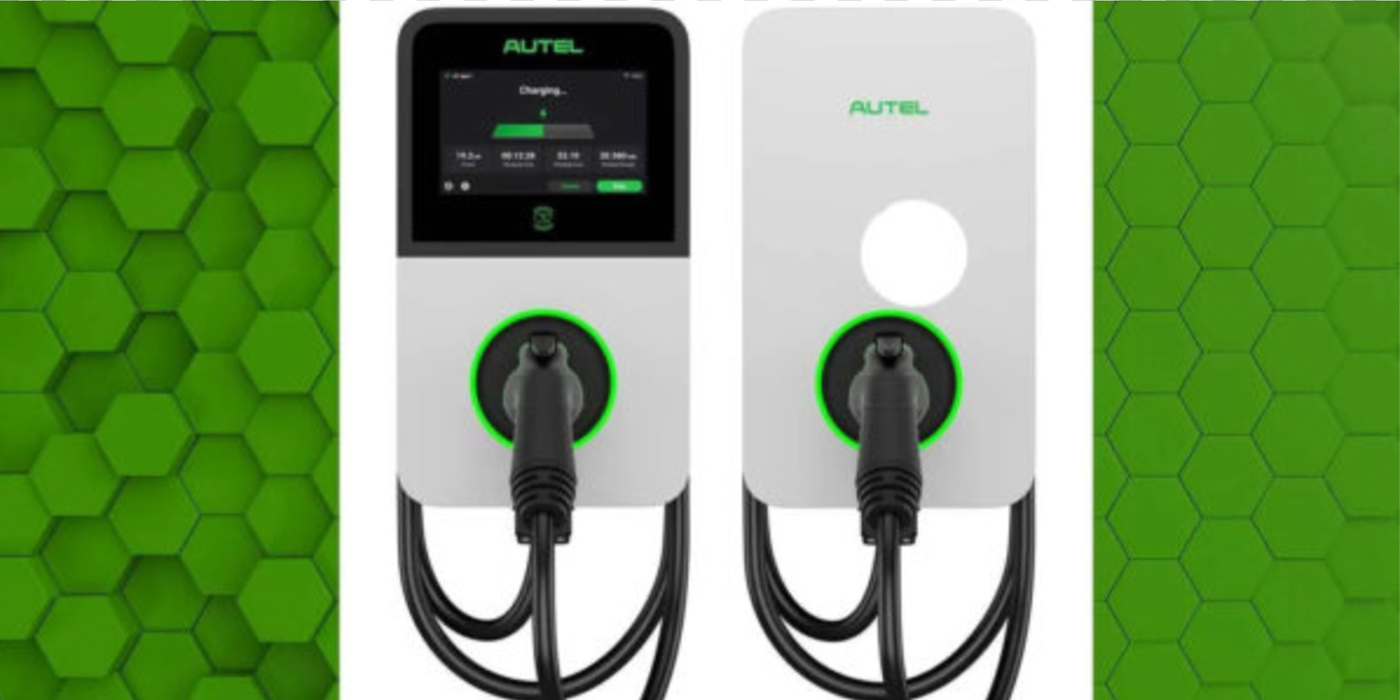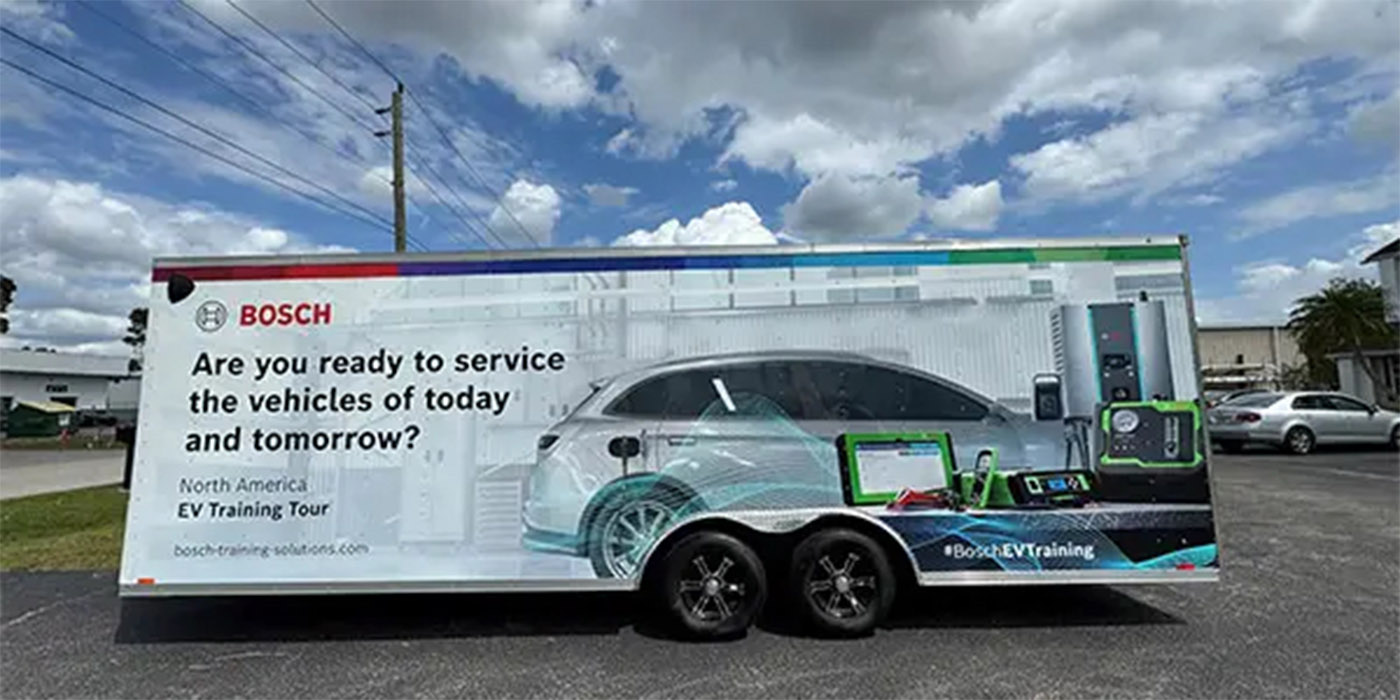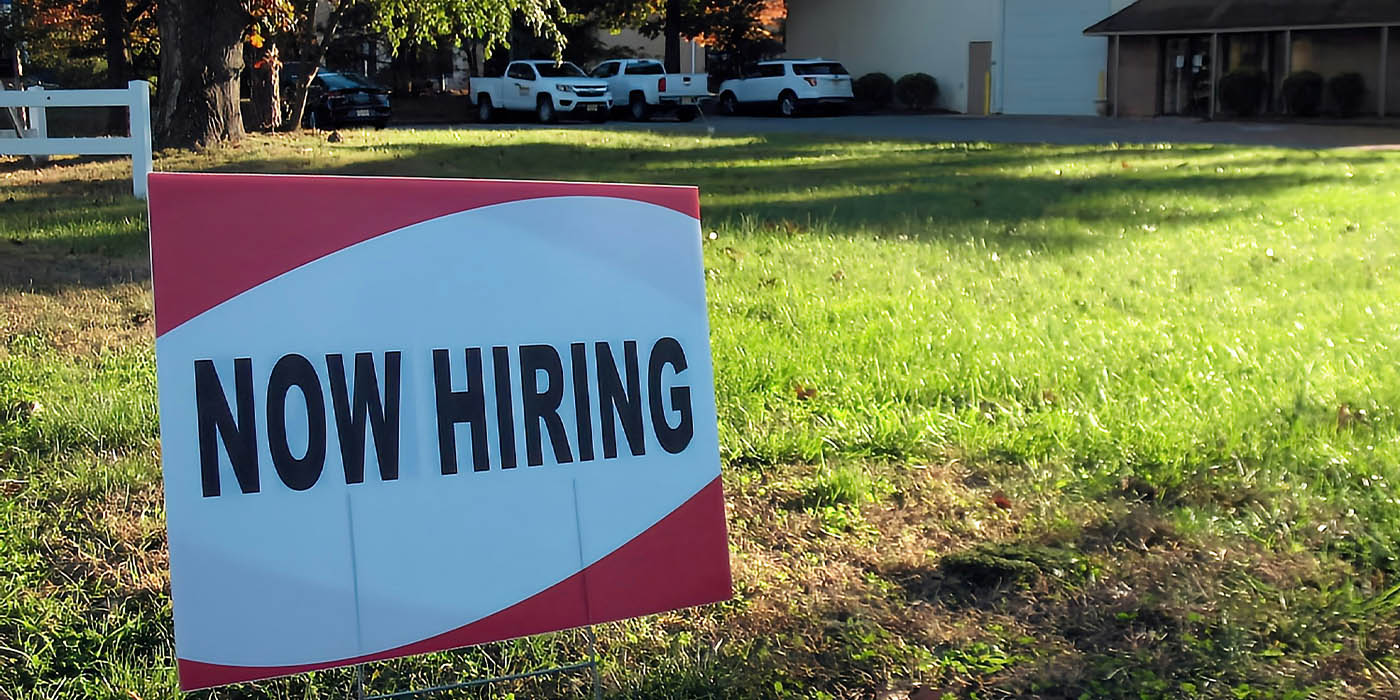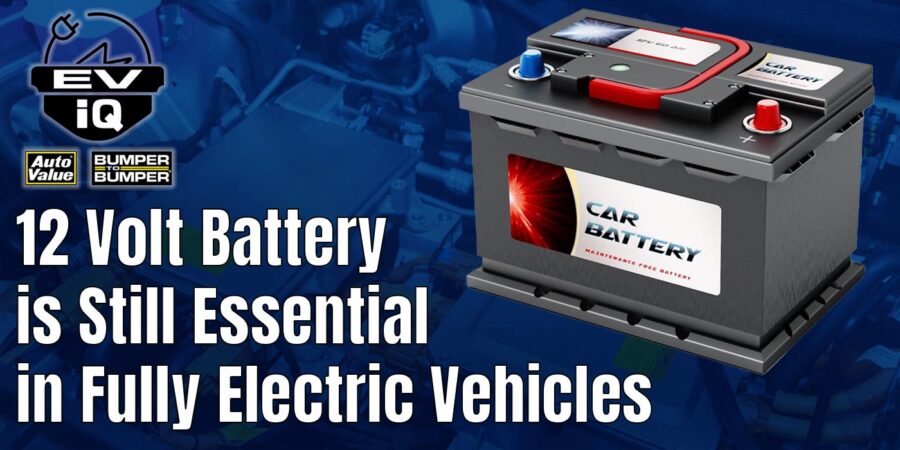In recently published findings from Cloud Theory’s Rick Wainschel, vice president of data science and analytics, changes in environmental regulatory requirements for the auto industry over the past six months have shifted focus from EVs and created a pathway for hybrid vehicles to gain more market share. These changes also shift power away from EV leader Tesla to more hybrid-focused OEMs, the research found. The findings are part of “Charging Ahead: Hybrids Come into Sharper Focus as EV Aspirations Meet Reality” by Wainschel.
“Regulatory requirements and dates have eased, with the Biden Administration slashing EV adoption targets from 67% to 35% by 2032,” Wainschel said. “With that shift, OEMs have pulled back on their investments and reduced their EV scale and scope.”
According to the findings, hybrids have been gaining in inventory share and market share for the past three years, and these changes will only add to the momentum in this sector. In Q1 2024, the year-over-year hybrid share of vehicle movement jumped 3.2 percentage points, to 11.6% from 8.4% in Q1 2023. EV share (excluding Tesla and Rivian) grew only 1 percentage point from 2.6% in Q1 2023 to 3.6% in Q1 2024. EV inventories (5.5%) outpaced EV market share, indicating that there is still an oversupply imbalance that was driven by overproduction as OEMs had moved towards meeting the prior regulatory standards. Meanwhile, hybrid inventory share was significantly less than market share in Q1 2024 (9.3%% vs. 11.6%), indicating that there is room to grow that sector further.
“The shift from a sustainable future focused on EVs to one balanced between EVs and Hybrids profoundly changes the competitive landscape,” Wainschel said. “Companies such as Toyota Motor Group, Hyundai Motor Group, Stellantis, Ford Motor Company and Honda Motor Company all have well-developed hybrid lines and now have a more varied patch to achieve fuel economy goals and regulatory requirements.
The shift will present a challenge for EV-centric companies such as Tesla, Rivian and Polestar, which must contend with consumers — who have expressed reluctance to purchase EVs due to battery concerns, charging anxiety, and high purchase costs — with only an EV offering, Wainschel said.
“The shift in regulatory focus gives traditional OEMs more options to meet government standards and to appeal to consumers,” he said. “Ford’s recently launched ‘Your vehicle, your choice’ campaign, for example, opens pathways that EV-specific rivals can’t follow. Trading gas-powered vehicle purchases for enough hybrid replacements can help traditional OEMs extend regulatory demands and timelines even further, thereby reducing pressure to quickly and unprofitably introduce EVs.”




